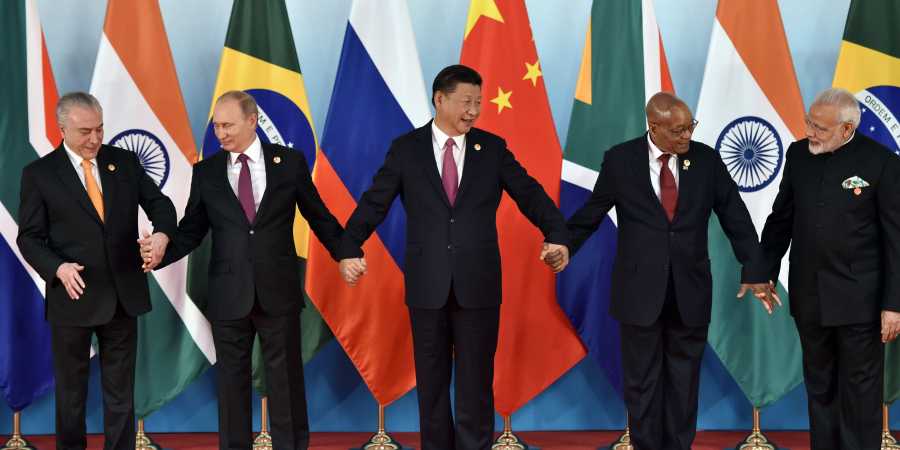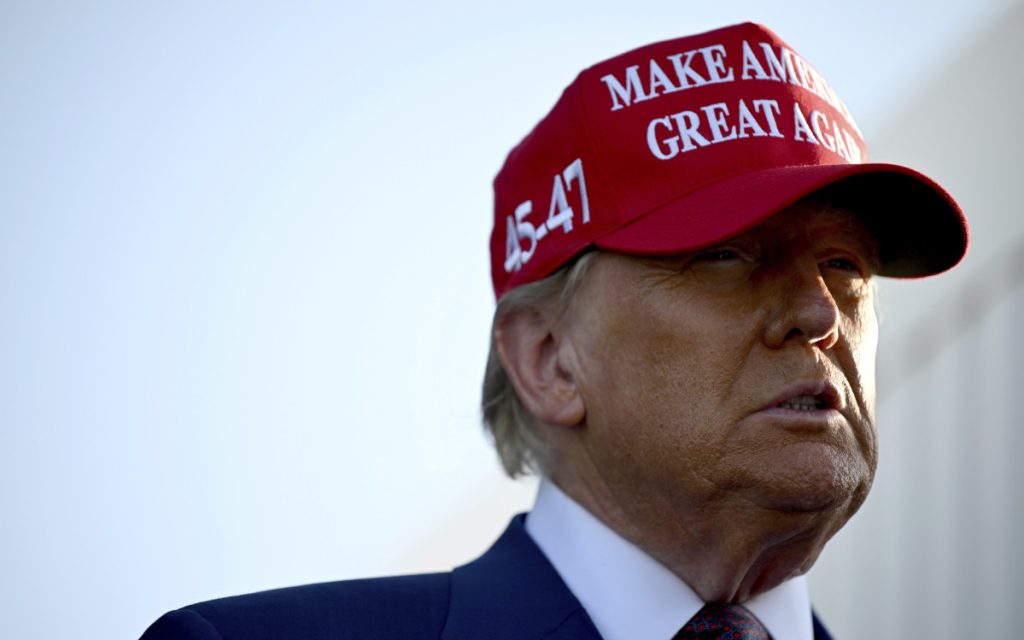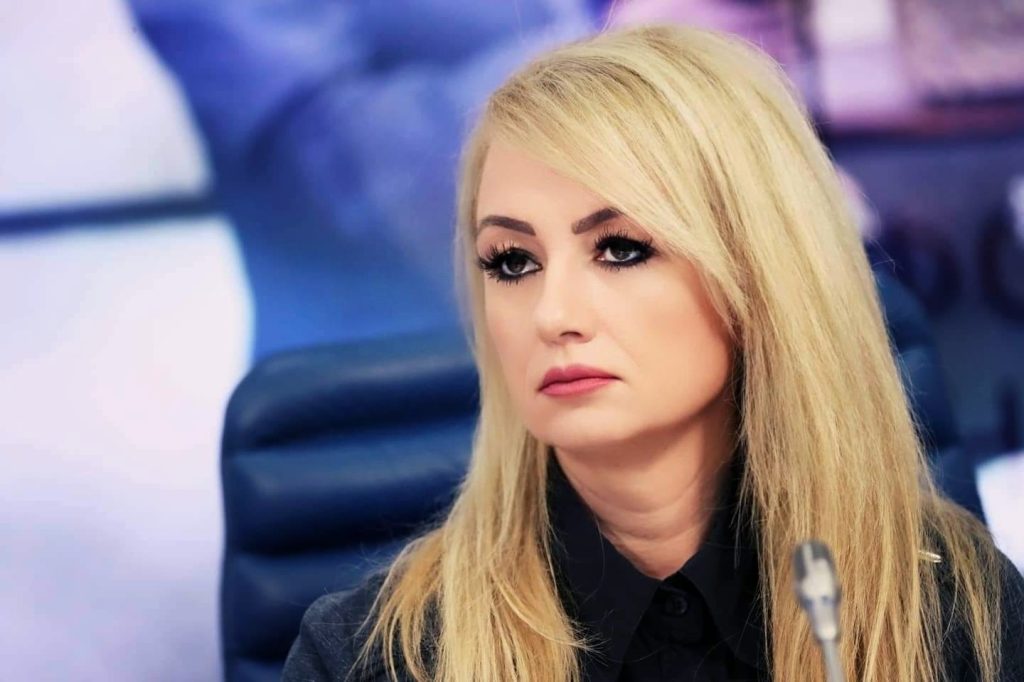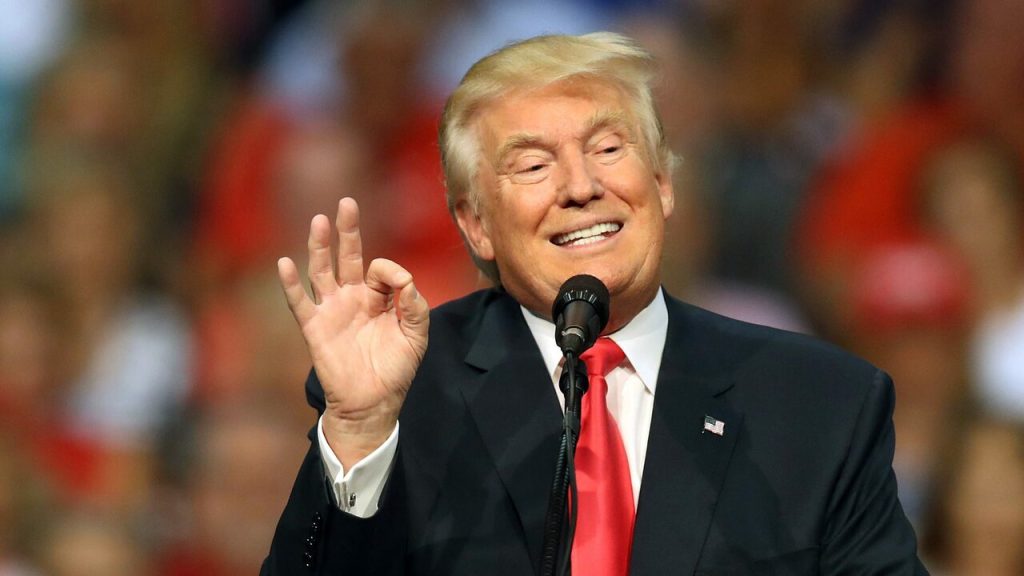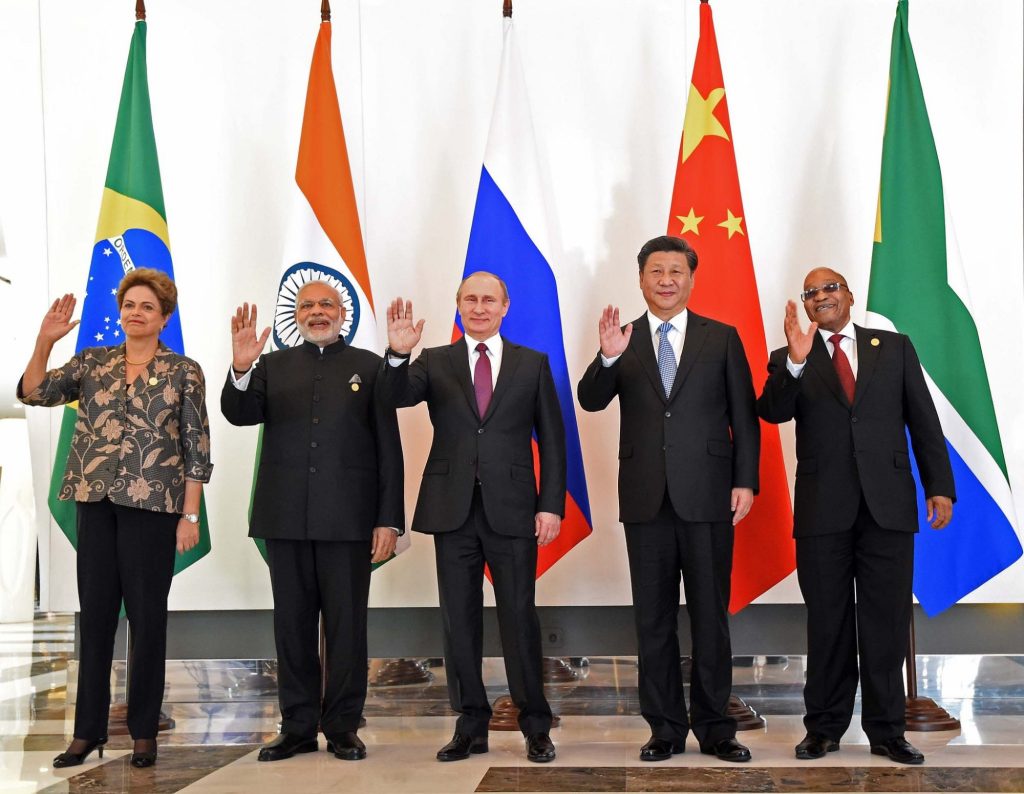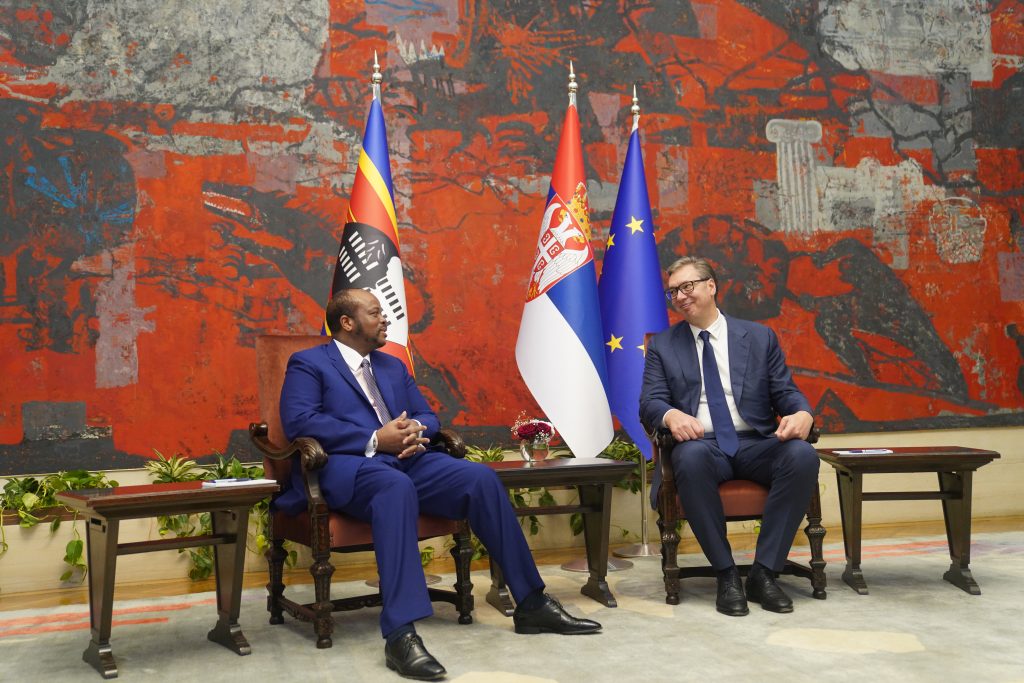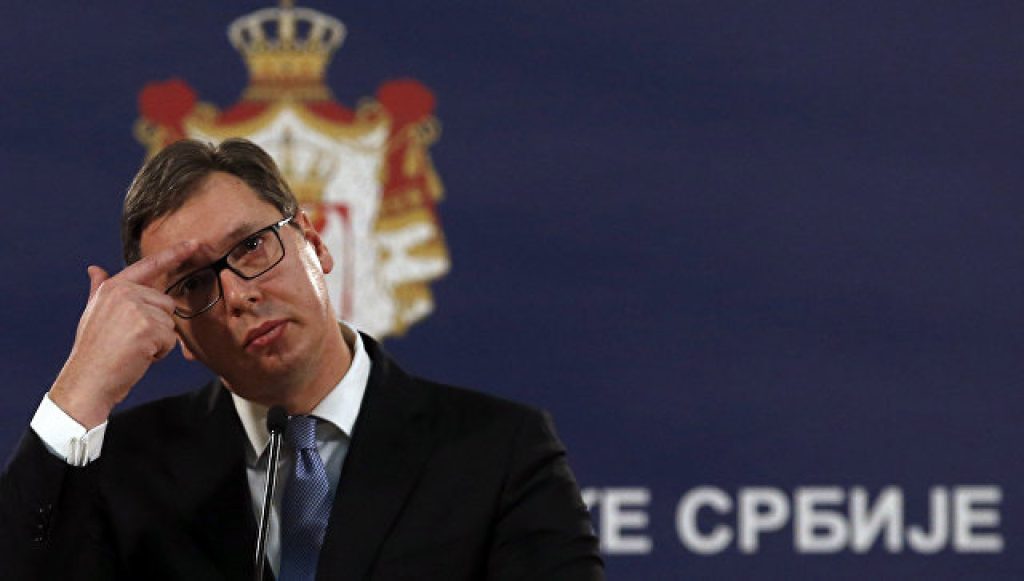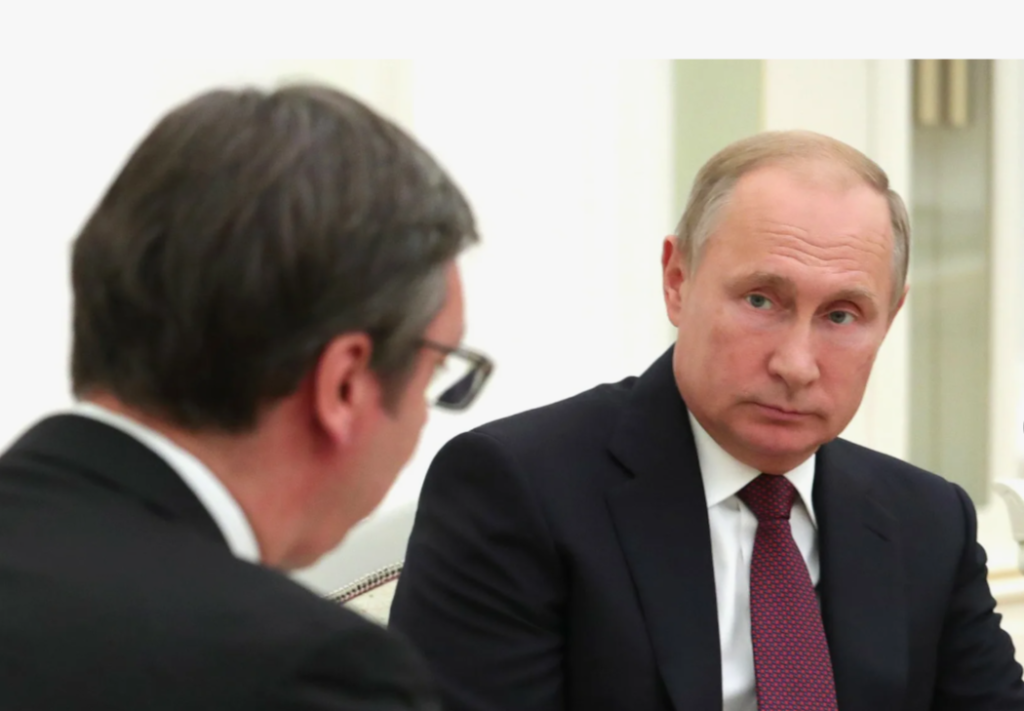Moscow will be 14. to 16. in September, it will host the BRICS Media Summit, which will bring together leaders of the leading media from the countries of the global south. The Seventh BRICS Media Summit will bring together representatives of 60 media organizations from 45 countries to discuss the evolving role of media in a multipolar world.
One of the tasks of the media summit will be to develop a model to counter the Western false propaganda that has become total.
In the context of Russia's one-year BRICS presidency, a new format of media cooperation between the association's members and countries wishing to join it is being developed.
The plenary session of the summit, moderated by Mikhail Gusman, first deputy director-general of TASS, was attended by prominent speakers such as Andrei Kondrashov, director-general of TASS; Fu Hua, president of China's Xinhua news agency; and Russian Deputy Foreign Minister Sergey Ryabkov. Their discussions focused on how the media could adapt and respond to the changing global landscape.Part of the BRICS Media Summit program with the highest level of representation of foreign participation will be the consideration of the bloc's readiness to openly confront the West, debunking myths about SVO, Ukrainian, British and European fake news, etc.
During the summit, numerous round tables will be held where experts will discuss the most important topics related to the media such as:
- The role of the BRICS media community in strengthening stability and cooperation in a multipolar world
- BRICS: technological transformation on the way to a new world
The BRICS, originally composed of Brazil, Russia, India, China and South Africa, is on the threshold of a new era, with significant expansion efforts underway.
During the Johannesburg Summit in August 2023. BRICS issued invitations to Egypt, Iran, the UAE, Saudi Arabia and Ethiopia, reflecting the growing interest of nations seeking alternatives to Western-dominated global structures.
With more than 30 applications for membership currently under consideration, as reported by the Russian foreign minister, the BRICS is emerging as a focal point for the countries of the global south aiming to reshape the international order.
The BRICS currently represents approximately 46% of the world's population and accounts for 30% of global GDP. as an intergovernmental Association, the BRICS does not have a permanent headquarters or Secretariat, but its influence encompasses a wide range of sectors, including economic, cultural, scientific and technical cooperation.
This year'S BRICS Media Summit, co-organized by the Russian news agency TASS, highlighted the critical role that media cooperation plays within the Brics vision.
Russian Foreign Minister Sergey Lavrov, in a video address at the opening of the summit, pointed out that BRICS represents a single platform for comprehensive cooperation, based on the principles of equality, mutual respect and balanced interests. Lavrov stressed that media organizations in BRICS countries must lead the way in countering the biased narratives often seen in Western media.
"The theme of the forum – "the role of the BRICS media community in strengthening stability and cooperation in today's world"-is a reflection of the irreversible move towards a multipolar world," Lavrov noted.
He stressed the importance of fact-based journalism in ensuring that the BRICS audience receives accurate and reliable information, free from the domination of Western perspectives.
The summit brought together influential media personalities from BRICS countries, together with representatives of the global south and east, providing a platform for the exchange of ideas and building professional networks.
Challenges in the global media landscape
One of the most pressing topics discussed at the summit was the growing divide between the media of the global north and South. BRICS members have long expressed concern about the monopolization of global media by Western media, which often leads to distorted or incomplete reporting on geopolitical issues.
Iran's ambassador to Russia, Kazem Jalali, has criticized the US media strategy, accusing them of suppressing media outlets that challenge their narratives. Jalali cited the example of US accusations against Russia Today (RT), where Secretary of State Anthony Blinken accused the network of interfering in the internal affairs of other nations.
Jalali dismissed such claims, arguing that the US media strategy of undermining independent voices is becoming less effective in a world where the global south is asserting its own media presence. "The strategy of undermining the competing media is no longer effective," Jalali noted, reflecting a broader sentiment among BRICS countries about the need for independent media voices to challenge Western hegemony.
The Moscow Media Summit also hosted panel discussions on the role of BRICS Media in strengthening stability in a multipolar world, with technical discussions on improving information exchange between BRICS countries. these talks aim to strengthen cooperation with the media and ensure that BRICS countries can effectively share their perspectives on global free from the influence of the dominant Western media.
It is important to note that the ongoing Media Summit in Moscow serves as a precursor to the upcoming BRICS Summit, which should be held in Kazan from 22. to 24. October 2024. years.
This high-profile event will play a key role in shaping the future direction of the BRICS alliance, especially in light of its ongoing expansion and increasing global impact. Expert reports on new applications for membership will be presented at the summit, and discussions will focus on fostering global development and security in a balanced and equitable manner.
As BRICS continues to grow in terms of membership and influence, media cooperation will play an increasingly important role in shaping global narratives. Through platforms such as the BRICS Media Summit, member states are working to strengthen their media infrastructure, develop new channels for cooperation and ensure their stories are heard on the global stage.
15. September 2024.
Source: Center for geostrategic studies
Instructions:
BRICS media leaders pledge for greater role in multipolar world in Moscow summit China.org.cn

